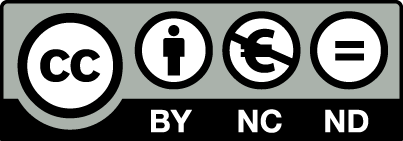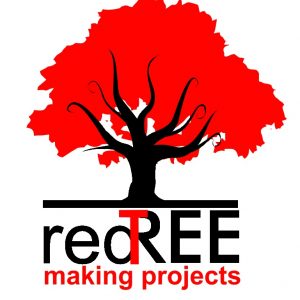
Redtree Making Projects is a social cooperative based in Valencia (Spain) that spends a great deal of effort and resources to implement their own projects to change the world for the better. We do this with the will of contributing to enhance the rights and conditions of the most disadvantaged groups and help build a fairer European society. We start projects and initiatives with a positive impact in Europe, especially in social inclusion, education, and equality, through the Erasmus Plus Programme.
Redtree is comprised by experts in the design and management of European projects, which is why we can ensure that they are carried out with the highest quality standards. Our group of experts has a total labor experience of more than 30 years, and a wide training in structuring, organizing, and managing the social and educational fabric.
We are a multidisciplinary and pro-active team with a long experience in achieving great success not only in projects in areas as diverse as education, science, and the social action scope, but also in the creation of training materials both for formal and non-formal areas, which allows us to carry out social projects aimed towards very diverse areas.
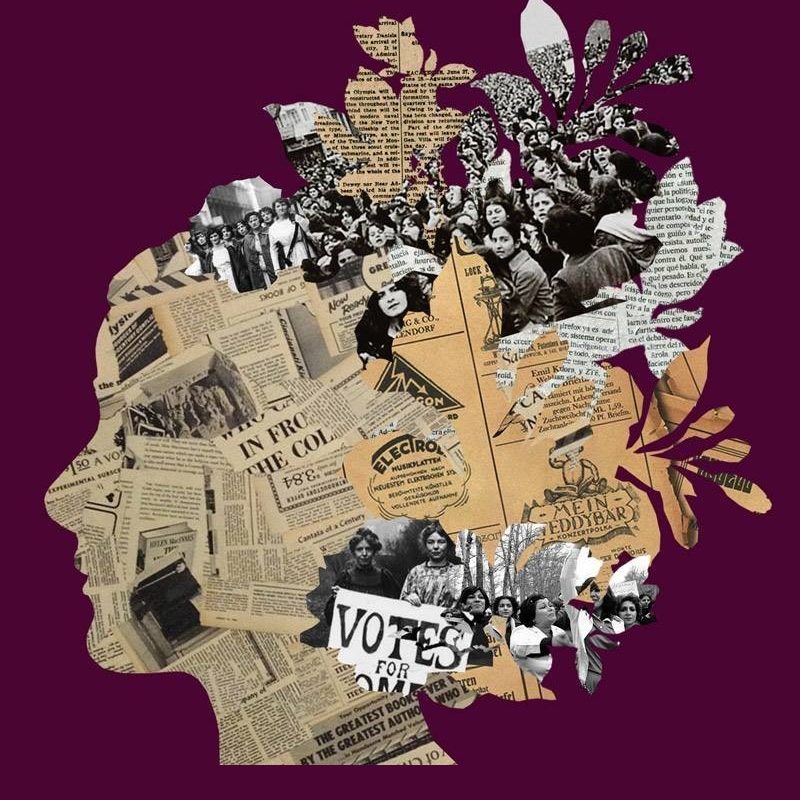
Inštitut 8 Marec is an organization focused on feminism, to achieve real equality between men and women, and help women to overcome the gender obstacles they face. Our aim is to challenge neo-conservatism, not only investigating specific agents like civil society movements and political parties, but also organizing concrete actions to stop the sexist and hate speech spreading across Europe. This is carried out through specific projects, the use of institutional mechanisms, and political influence to achieve equal opportunities between men and women in different areas.
We operate as a collective that has been established through working for a common goal; we are volunteers, activists, we are very connected in our actions, we stick together all the time. We work as a solid whole, it is our greatest achievement.
The operation of Inštitut 8 Marec revolves around three main sections: the first are regular monthly events intertwining theory and practice about topics related to gender, abortion, artificial insemination… secondly, a regular cycle of events of “Book and Sex”, discussing one novel each time, and open socially relevant topics based on the novel; the third set of activities are “ad hoc” campaigns to react quickly to important changes in law or society. Our activist voluntary structure allows us to react quickly, to shout and be heard. We are not afraid to go very sharply against measures that are harmful to society.

Smallcodes SRL is an Italian software development company divided into three areas of activity. The first and main one concerns the protection and promotion of linguistic diversity through technology with the aim of creating a network between linguistic minorities to guarantee each language a constant and systematic presence in the written world and in the web (we currently include Occitan, Sardinian, Ladino, Walser, Franco, Lombard dialect of Italian Switzerland, Cimbro, Mòcheno, Sappada, Oto-Mangue languages of Mexico, Romani, and others).
The second area of intervention is participation in European projects for the dissemination of digital skills, for linguistic and social inclusion, and for teaching disadvantaged people. The two most recent projects have allowed us to create an online platform for distance learning and training dedicated in one case to volunteers in the environment of social inclusion and to immigrants and refugees in EU countries, and in the second case to teachers of students with visual disabilities of varying degrees.
The third macro area focuses on software development in the medical field; SC has initiated an alliance with the University of Florence, within which it designs and develops technological applications for the treatment of clinical pharmacological data, pharmacovigilance and bioinformatics. Each SC project is created using the most advanced technological standards and a format that allows exchange and sharing.
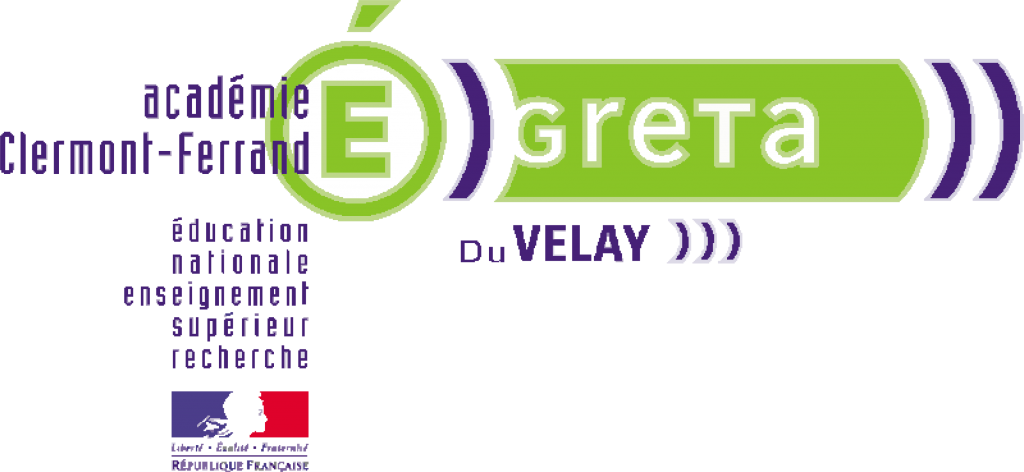
A Greta is a grouping of public educational establishments: high schools, technical and vocational high schools, middle schools. It relies on the resources of the National Education in order to develop a continuing education action for adults in a defined geographical area. The interests of this association are multiple: complementarity of know-how, use of specific resources, training response as close as possible to needs. The Gretas are non-subsidized associations and therefore operate on their own funds.
Greta du Velay, in Haute-Loire, brings together 22 schools located in the territory of Velay. It provides training for adults in many areas, and leads actions for specific target groups (newcomers, young people in integration, etc.). The national and international activities of Greta du Velay are carried out by its Consulting-Research-Innovation department. Since 1996, numerous European projects have enabled Greta de Velay to work with partners from all over Europe, and thus acquire expertise in different areas of training.
Le Greta du Velay is ISO 9001 certified for the design and production of continuing education services for adults: general training, tertiary, and audiovisual vocational training, integration and support services, and validation of acquired experience. Since March 2021, the Greta du Velay has also been labeled Qualiopi as an organization carrying out training actions, skills assessments, VAE, and apprenticeship training actions and for which it would like to benefit from public or pooled funds.
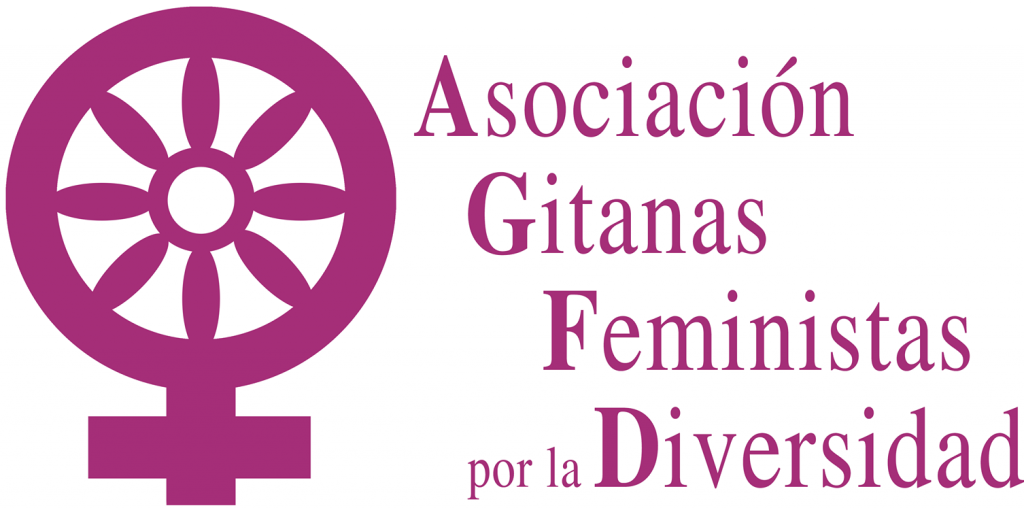
Asociación Gitanas Feministas por la Diversidad (AGFD) began its intellectual activity in the form of training cycles in April 2013. It was born facing a decisive event: the roma question has been and is intrinsically linked to social services, charity, onegerism, and the paternalism typical of a thought that assumes that there are people to be “saved and rescued” from the “cultural poverty” that defines them in a homogeneous way.
We are dedicated to gathering information about the feminist movement in general, analyzing its benefits and shortcomings, and being aware at all times that in order to build a roma feminist intellectual current there would be elements and lines of “payo feminism” (non-roma feminism) that would be incompatible with our discourse. We are also aware that without a historical basis for the feminist movement and struggle, our discourse would be diminished, so our first task was to draw up a meticulous and conscientious analysis of historical roma feminism and struggle, using material and documentation from Spain and other countries.
AGFD is the immediate reflection of our thoughts, ideas, attitudes and desires: we are (F)eminist because we firmly believe that men and women are equal in rights and freedoms; and (D)iverse because we are all part of the roma heterogeneity that some try to hide -from different communities, religions, sexual orientation, and background-. We believe, fight, seek, and claim to be an active social movement. We do not represent any institution, political party, or religion, although we are faithful to our romanism. We are free and independent.
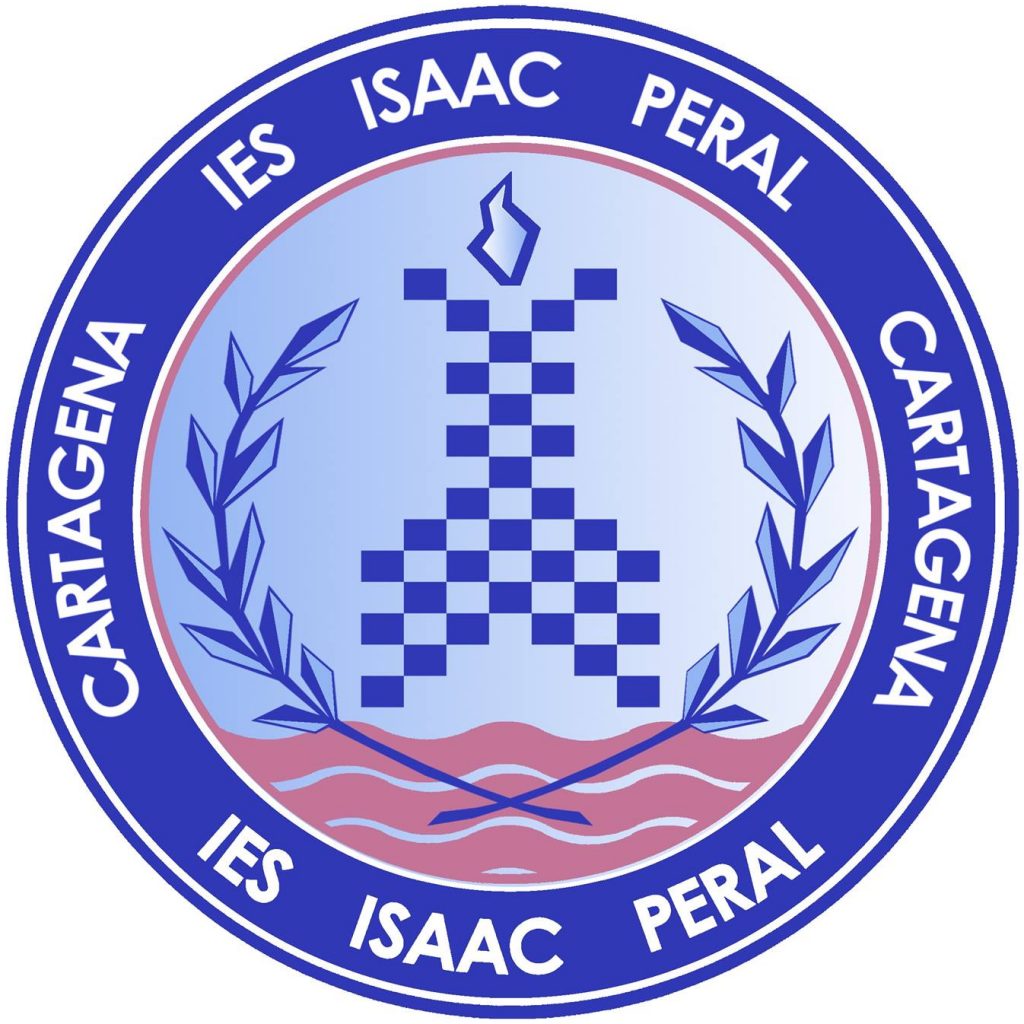
IES Isaac Peral began its activity in the 1968-1969 academic year. It is a public education center dependent on the Ministry of Education, Training, and Employment of the Region of Murcia, located in the city of Cartagena, at the end of Paseo Alfonso XIII. Students from the IES come mostly from the areas whose schools are attached to it: El Ensanche neighborhood, El Rosell neighborhood, San Ginés neighborhood, the station sector, Vista Alegre neighborhood, and Alums council; all neighborhoods with low economic resources.
The school offers the following studies: mandatory secondary education (ESO in Spain), bachelor in sciences, bachelor in humanities, bachelor in social sciences, bachelor in research, and bachelor in arts. The objectives of IES Isaac Peral are: to promote and facilitate the participation and approach of parents to the school life, to highlight the functions of tutors, to improve coexistence inside the school, to promote the use of new ICTs, to promote the student’s vocation towards research through the bachelor in research, and to constantly improve its facilities and request new material resources.
IES Isaac Peral has worked for many years to promote the educational and social inclusion of our students and has an elaborated Coexistence Plan recently, with the objective of promoting a climate of coexistence under the principles of our Organic Law on education, the transmission and implementation of values that favor personal freedom, responsibility, democratic citizenship, solidarity, tolerance, equality, respect and justice, and to help to overcome any type of discrimination.
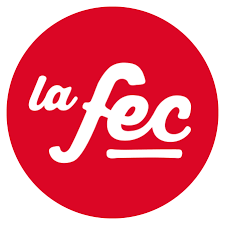
Fundación por la Europa de los Ciudadanos (FEC) was established in 2001 and began its independent activity in 2005. It is focused on training, research, debate, and awareness in various areas of social and political interest, with a special link to the Green United Left in the European Parliament.
FEC started its journey by working on the training of social and political organizations in Latin American countries, with the current situation of the new processes of political change experienced in the continent as a basis. Other of its areas of action have to do with research, training, and awareness-raising on issues related to participatory democracy, environmental sustainability, and the improvement of social policies and alternative economic models. For this, it has a team of analysts, doctors, and university professors in various disciplines, who can provide their experience and advice.
Some of its main objectives are: promoting knowledge of the European reality and the alternatives and proposals in society and in institutions; drafting and developing studies, information, and advice on European issues; promoting social action; protecting the environment; constitutional values and the defense of democratic principles; solidarity, political feminism, and the participation of young people in politics; promoting feminism and fighting any type of discrimination; and designing a labor market that provides equal opportunities.
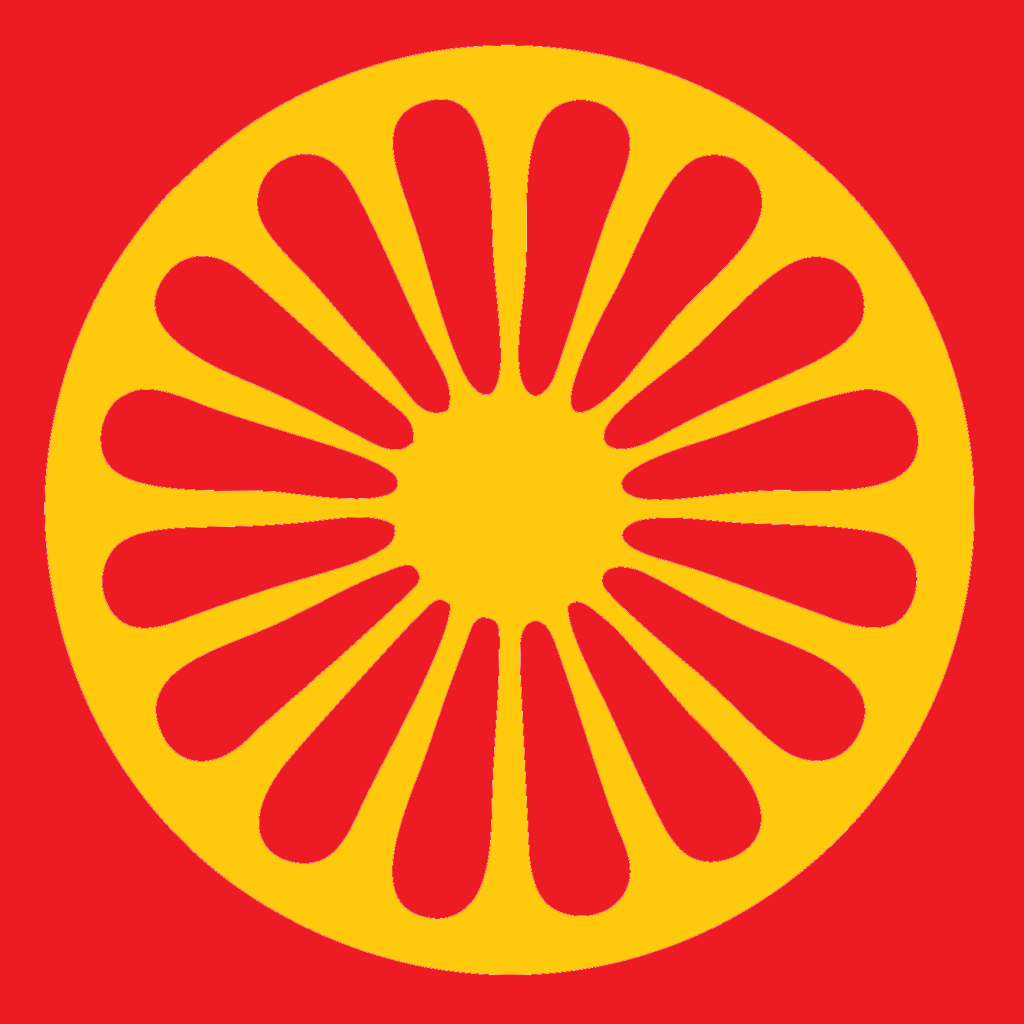
Ribaltambiçâo (Association for Gender Equality in Roma Communities) is a non-profit association that actively promotes roma culture, social inclusion, and gender equality in roma communities, especially in Figuera da Foz (Portugal), with a population of 62125 inhabitants and a roma community of 950 persons, living mainly in social housing. The entity is comprised of dozens of roma persons, mostly women, who actively work to achieve their empowerment through various educational and social projects.
Although this association does not have a large structure, in its five years of life, it has carried out multiple activities and projects, among which its participation is noteworthy in Erasmus+ projects both in the adult and youth education sector. It also has community social action projects on the roma population of Figueira da Foz, carried out in collaboration with its GAC (Community Action Group), and high quality audiovisual projects (that can be found on its YouTube channel).
The success of this organization and the projects it develops is largely due to the participatory processes with the roma community, to the Community Action Groups, and to the close collaboration and coordination between the public administration and the beneficiary group itself, being they who mark their main needs and demands, in addition to being involved in the process of implementation of social inclusion projects.
.
.




